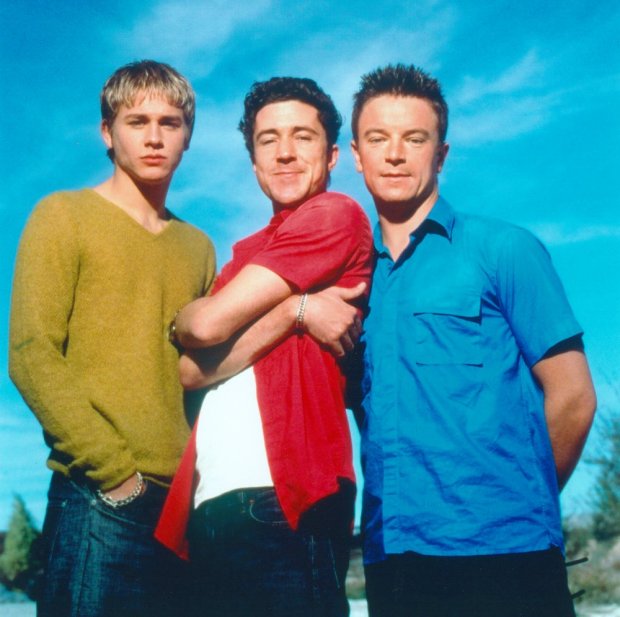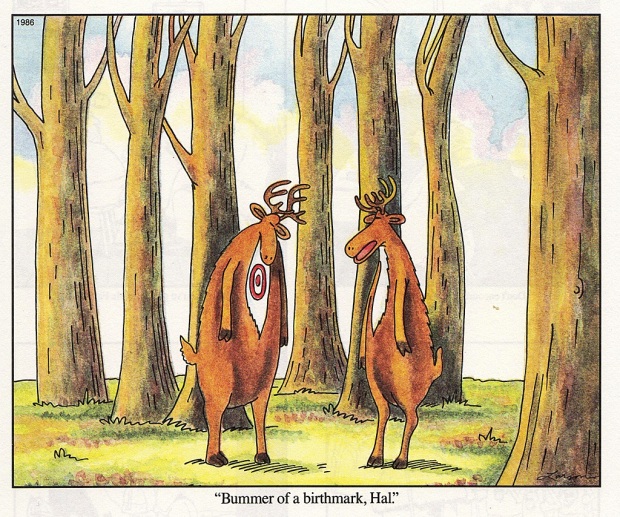Britain is, yet again, in the grip of sex abuse hysteria. We’ve been periodically doing this for about 30 years, screaming in terror at the idea of stranger danger, whipping up mobs to attack the houses of paediatricians and looking with deep suspicion at any male who wants to be a primary school teacher.
Into this mix now comes “historical abuse”, brought forth by Operation Yewtree and all that has gone on since the death and “unmasking” of Jimmy Savile. A major inquiry is now about to get underway to see which of the rich, powerful and famous have been up to no good, brought about by a lost “dossier” from the late Geoffrey Dickens – a fearful madman who believed passionately in satanic abuse and witchcraft, despite a total lack of evidence.
What a lot of this hysteria misses is the fact that the past was a very different place to how things are now. I don’t mean better, and I don’t mean that people’s behaviour then was excusable even then. But the whole world was different.
For a start, the age of consent. A very big thing is made of the age of consent. It’s a bright red dividing line between all-okay and all-bad. It wasn’t always that way. In the 1970s and 1980s, the age of consent was 16 for straight people. For gay men like me, it was a ludicrous 21 (and for lesbians it didn’t exist at all).
With ridiculous hindsight, people are now saying that with an unequal, insanely high and altogether discriminatory age of consent, gay men should either have (a) stuck to it or (b) broken it but settled at 16 as if that was then the natural dividing line we think it is now.
Neither applied to us. If the law says you can’t experience physical love until you’re 21 – a quarter of your lifespan – you are going to ignore that law totally. Of course pre-pubescent kids are off-limits, because ewww and ick and… well, really, that won’t do at all. But when I was a randy 14 year old, I wasn’t going to let a wrong law prevent me from getting some with others my own age… and older.
We’ve now settled on 16 as the age for everyone. That’s fine. A line has to be drawn somewhere, and that place is 16 in the UK. It’s certainly a line I respect looking down from the other direction as my 40s fast approach.
Nevertheless, some of the people shrieking loudest in this cloud of paedohysteria are trying to impose 2014 morals on the 1970s and 1980s and are happy to call a 22-year-old having an affair with a 19-year-old “paedophillia” because the law, notionally, did at the time. Those people can fuck off: your “morality” is suspect and you are trying to impose your straight morals that even you don’t stick to on a people you were oppressing at the time.
Basically: get your tanks off my gay lawn.
The other thing that was different in the past was the behaviour of straight men and the society that tolerated it. Straight men in the 1960s and 1970s were “handsy” – touching up women coworkers, friends and random strangers. Men thought they had a right to pass comment on what women looked like and what they wore and how they were shaped. They also felt they had a right to touch women, primarily on the breasts and backsides but anywhere they wanted really, and women were expected to just take it.
Indeed, society as a whole thought it normal and accepted it – even women themselves. Those who didn’t got called all manner of names but they started the modern feminist movement and, by god, we’re all much better off for it now. Of course, some straight men still feel they have the old “right” to comment and touch, but we now call them out on it. We now campaign to remind them to leave their sweaty palms in their pockets. We now expect better of them than we once did.
The question, then, is: do we punish men now for being perverts and “handsy” and altogether disgusting then? Now we would call much of this behaviour sexual assault and we’d all cheer as the greasy little git is led away to prison. Then? Well, society didn’t care. The law didn’t care. Most straight men certainly didn’t care. A large percentage of women didn’t care (or at least took it as “normality” so didn’t say anything, which isn’t the same thing, I know).
In that, undoubtably poisonous, environment, were those men guilty of sexual assault? In 2014, yes, yes, a thousand times yes. In 1965? Of course, 1965 was wrong, but do we achieve anything from forcing our 2014 morals on actions that took place 40, 50, 60 years ago?
I fear we don’t. And I fear that the abuse hysteria and all that goes with it is serving to distract from the problems at hand today. We need to educate our boys to respect women better. We need to educate our girls that it’s not only all right to say no, it’s their right. We need to educate the small but stubborn amount of men who still believe they have the right to comment on and touch women that they do not. And we need, especially, to educate men that rapists rape because they’re rapists – what a woman does, says or wears has no bearing on what you’re allowed to do to her without her consent. Ever.
I don’t think we’ll achieve any of those aims while we’re so busy trying to rewrite history, no matter how much that history offends our morals now.

